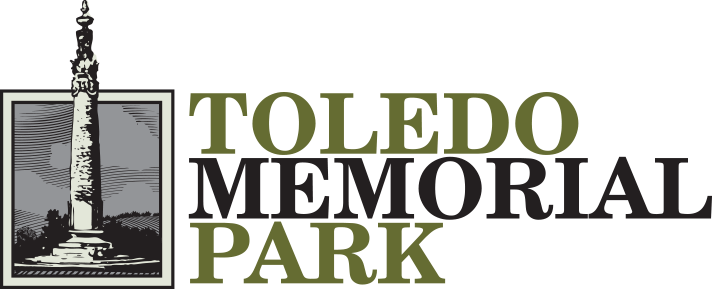Having a will and an estate plan is truly a gift to your loved ones. Regardless of your age or wealth status, if you own property, you need a will. Without a valid will, your state of residence could decide how your assets are divided, which might not align with your wishes and intentions.
Estate planning is more than just a will; it’s planning of the uncertainty of the future. In your estate plan you can make your end of life wishes clear, name who should manage your estate, and more. Taking this step can also reduce future legal and tax burdens for your loved ones.
Key Considerations:
Think of this information as a roadmap or a starting point. Every person’s situation is unique, and this is not a substitute for legal advice. Once you have gathered your information, it’s important to seek legal counsel to finalize your estate planning documents.
Inventory All of Your Assets: Make a detailed list of your real estate, bank accounts and investment accounts, vehicles, life insurance, businesses, etc. Take note of retirement accounts and life insurance that can pass via a beneficiary designation.
Decide Who Should Inherit What and How: Be specific in your notes about how you want to distribute your assets.
Name an Executor: This is the person who will carry out all of the instructions in your will. Choose someone trustworthy and capable of this large and important task.
Minors and Guardianships: If you have children or dependents under age 18, your will is where you need to name a guardian to care for them.
Consider Digital Assets: In an increasingly digital age, you need to consider your social media accounts, email accounts and digital photo albums. You could assign tasks related to these items to your executor or you could appoint a separate digital executor to handle these items.
Writing Your Will:
Once you have all of your information and assets organized and collected, you want to hire an estate planning attorney. In some states, you can draft your own will, but hiring a professional greatly reduces the risk of errors.
Safe Sharing and Storage:
You’ll want to keep the original will in a secure, but accessible place such as a safe deposit box or a fireproof home safe. Your executor and trusted family should know where it is and how to access it. You can also provide your executor and trusted family with copies.
Review and Update Regularly:
As life evolves and changes, you should review your will and make updates as needed with your attorney.
Below are sources and additional resources. Please feel free to reach out to your friends at the Park with any questions. We will do our best to help or connect you with someone who can.
Sources and resources:
